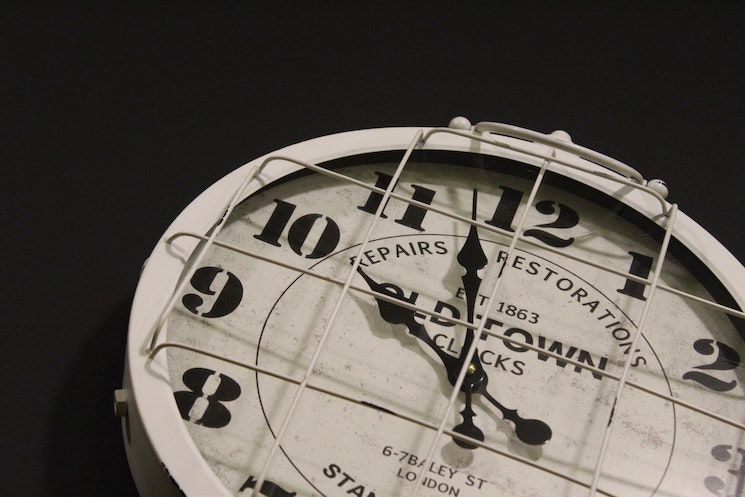2020: The year that time forgot

Daivid Corrado, international strategist at behavioural planning agency, Total Media tracks time’s impact on consumer behaviour
Delayed three times due to the COVID-19 pandemic, Christopher Nolan’s spy thriller Tenet was finally released late last month.
The movie chronicles John David Washington’s protagonist as he tries to prevent the start of World War III by travelling forwards and backwards through time. Although praised by many, the film was deemed as confusing, with a significant number of moviegoers finding the various timelines and plot devices hard to track.
Being baffled by time isn’t a phenomena limited to Tenet. Many of us have felt a sense of temporal disorientation during the pandemic. In fact, research conducted by Ruth Odgen during lockdown found that people’s perception of time has been warped dramatically.
Some 80% of people surveyed experienced distortion to the passage of time during the pandemic, with 40% believing time had fastened and the other 40% believing time had slowed.
In some respects, the results from Odgen’s study aren’t surprising. Psychology and behavioural science have found that we are often overconfident in the accuracy of our perceptions, overestimate our objectivity, and greatly underestimate the effects of our context on how we think. In other words, we lose track of time when our lives are disrupted.
For example, research shows that a drastic life change such as moving to a new house, changing job, or moving country, will tend to slow down someone’s experience of time.
A simplified way of looking at how external factors impact the passage of time is by looking at experiences. New activities keep our brain more active, filling our memories with more new information. When we feel that more things are happening in our lives, this gives us a sense of a greater passage of time, and we can feel how days and weeks feel like they stretch on and on.
Conversely, sticking to a routine – essentially limiting unexpected new experiences – makes time seem like it went by much faster. Under ‘normal’ conditions, older people generally report a faster experience of time than younger people. This is because older people tend to have a more routine-based life, and generally fewer stressors than their younger cohorts.
What’s more, people with a higher experience of satisfaction with their social interactions will tend to have busier lives in general and having more ‘social interactions’ will introduce novelty into their lives, extending their perception of time.
What the COVID situation has done is made more apparent divisions in underlying causes for these factors to be important, such as age, stress, or satisfaction with social interactions through lockdown. These individual differences exaggerate the perception of time being faster or slower.
For marketers, the change in someone’s perception of time has a dramatic impact on the success of advertising campaigns.
Marketers rely on consumer behaviour research in order to understand what entices someone to purchase a product and interact with a brand. If someone feels that time has fastened or slowed down then this could either make them feel that they are under pressure or that they have all the time in the world, delaying the urgency of their purchase.
Marketers therefore, should try to understand how context affects time perception and behaviours in order to create successful campaigns.
A good place to start is by understanding a brand’s consumer base.
For example, if your consumer base is a professional, they are likely beginning to establish a more permanent routine as working from home becomes normal. As a result, professionals may feel time fly-by as routines set in, and, will therefore potentially be more open to receiving messages from marketers who offer solutions to their problem.
The extent of the change in people’s perception may leave marketers feeling like they are navigating uncharted territory amidst increasing unpredictability- knowing that 80% of your consumers are undergoing change does sound alarming.
However, this research does not exist in a vacuum and marketers looking for clarity can use existing behavioural and psychological research to understand where opportunities lie amidst such ‘seemingly unpredictable’ circumstances.
Even amidst uncertainty, marketers can start to interrogate and understand consumer’s frame of mind by breaking people down into meaningful groups where you can estimate the likelihood of having positive social interactions or exposure to routine or novel stimuli.
Broadly speaking, more positive interactions and novel experiences translate to faster time, while the opposite slows time down. This should at least offer a path forward.




